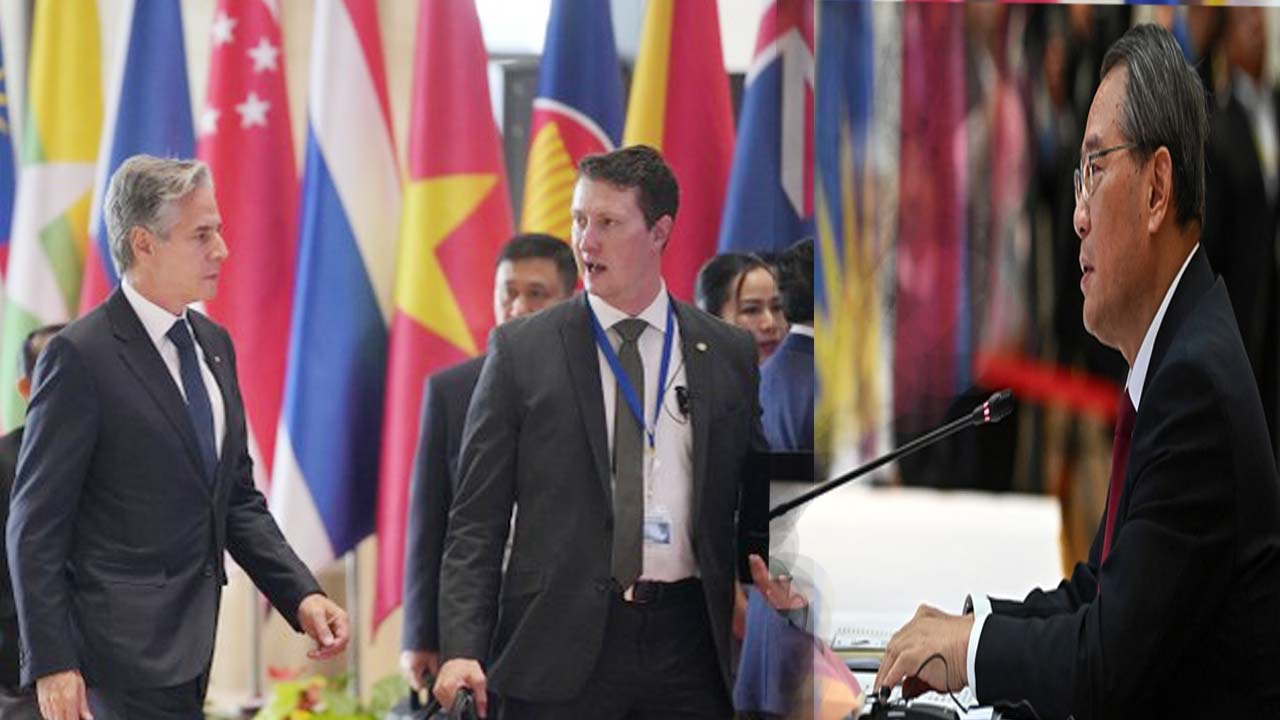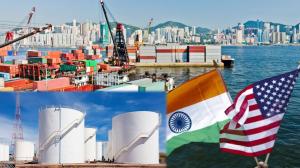
Concerns Over China's Actions in Regional Waters
During an ASEAN-US summit in Laos, U.S. Secretary of State Antony Blinken expressed significant concern over China's "increasingly dangerous and unlawful actions" in the South and East China Seas. He emphasized U.S. commitment to supporting freedom of navigation and overflight in the Indo-Pacific amidst escalating confrontations between China and Southeast Asian nations, particularly the Philippines and Vietnam. The ongoing territorial disputes have raised fears of potential armed conflicts, prompting ASEAN to seek a "code of conduct" with China, though progress has been slow.
China's Position and Regional Dynamics
While Blinken addressed the tensions, Chinese Premier Li Qiang, in a separate summit with ASEAN leaders, did not mention the territorial disputes but highlighted advancements in political trust and cooperation among Asian nations. In a veiled critique of the U.S., Li referred to "foreign forces" causing instability in the region and stressed the importance of maintaining peace and stability, drawing on historical lessons from colonization and invasion. Philippine President Ferdinand Marcos Jr. highlighted the harassment and intimidation faced by his country from China in the disputed South China Sea, underscoring the challenges of managing regional tensions.











